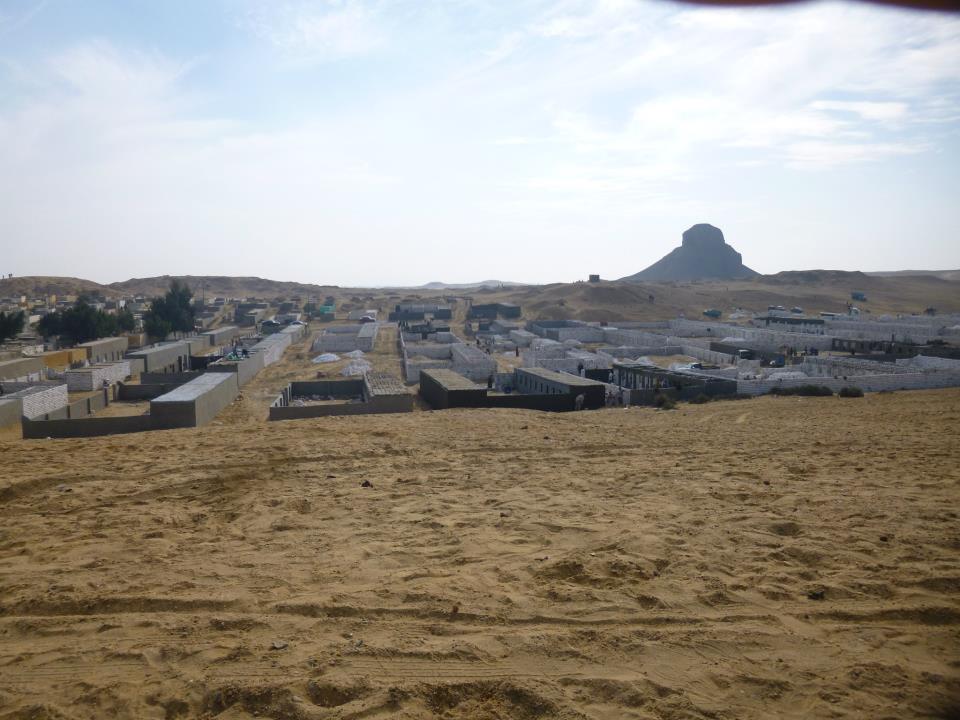By Sally Sami

How far removed have we become from the three lynchpins of our revolution? I ask this question with Ramlet Boulaq in mind. As the incident erupted on 2 August, I was extremely disappointed with how the media dealt with the situation. With few exceptions Ramlet Boulaq residents were described as thugs without any real analysis of the history of the relationship between the area and the buildings.
Thanks to the Egyptian Center for Economic and Social Rights’ (ECESR) report “Ramlet Boulaq: Who’s the culprit? Who’s the victim?” we now have the real story, as well as in-depth knowledge of the residents’ living conditions: nearly 3,000 residents live in mud brick shacks with little access to drinking water or sanitation. That is close to 220 families deprived of the infrastructure which should ensure a dignified life.
A few weeks after the incident I received a call from a friend asking me to help one of the accused in the Ramlet Boulaq case. He left work at around 5pm on the day of the incident and took a microbus, which was stopped en route because of the violence. He crossed the road only to be arrested and accused, along with 16 others, of attempted armed theft, destruction of property and carrying unlicensed arms.
ECESR’s report and the call I received revealed to me several things. Nearly two years after the revolution, the struggle for social justice is far from over. We discriminate against the poor, depriving them of their right to the city, of which equal access to justice and services are only two examples. The police force still acts with complete impunity, making random arrests and using excessive force without accountability. The comparisons are shocking and reveal extreme injustice.
On the one hand, over 3,000 citizens live in dire conditions and are deprived of basic rights, yet a few metres away polished towers have been erected to serve the middle and upper classes. When a fire erupted in the shacks behind the towers, the state was late in intervening and a child was killed. Yet, when violence erupted threatening the security of the towers, police reacted quickly and took control of the situation
By the end of the Ramlet Boulaq incidents, tens had been arrested and they remain in prison. Yet the police officer who killed one of them has been released and honoured. Not only are the people of Ramlet Boulaq called thugs, but this stigma is then used to justify any brutality against them. Today they face forced eviction from their homes. This could happen any day at any time and most of us will not think twice about it.
The story of Ramlet Boulaq is not an exception. It is the story of residents of slums across Cairo. We are all equal citizens and should all have equal rights. This should be the essence of any state policy in post-revolution Egypt. If we are to win the battle of social justice, this should be the battle for all of us; human rights defenders, politicians, and the state. The Ramlet Boulaq case is emblematic as its outcome will define the future of all those living in poverty in Egypt.




